Gosnold will not admit my son because he suffers from depression and anxiety. Their website states, "Gosnold is a nationally accredited non-profit leader in the prevention, treatment and recovery of mental health and substance use disorders" Total deceit. My son has been ...
About Gosnold Treatment Center Inpatient Detoxification
Their clinical team of doctors, nurses, and therapists oversees the care. They are all skilled and knowledgeable in addiction treatment. Patients go through a psychosocial evaluation during detoxification to determine their treatment needs. Patients attend individual and group counseling education on addiction and an introduction to 12 step programs.
These sessions give them a better understanding of the type and severity of their addiction.
Here, they use FDA approved medications to help decrease symptoms and mitigate the possibility of complications to prevent clients from needing more intensive medical attention. Until the withdrawal symptoms stop, they continue to use these drugs. This is a process called medication assisted treatment, or MAT, and usually takes anywhere from three to seven days. In addition to having a primary counselor assigned to them, each patient also has access to a two person clinical team.
Your primary counselor will help you make sense of your treatment set and achieve your treatment goals. They’ll also collaborate with you to create a thorough continuing care plan that will sustain your continued healing. Every week, counselors who work in clinical teams lead seven small process groups with their patients.
The two full time case managers they have on staff are in charge of carrying out the comprehensive continuing care plan you and your counselor created. To guarantee that your continuing care plan is in place before you graduate from the program, the case managers will collaborate with you, your counselor and other internal and external providers.
They provide a continuing care plan to assist patients in maintaining the gains they made during their detoxification course. Patients are more likely to maintain their recovery when they continue their treatment. To ascertain the optimal recovery support after discharge their multidisciplinary team meets regularly to review the individual needs of each patient.
Facility Overview
Latest Reviews
Rehab Score
Gallery
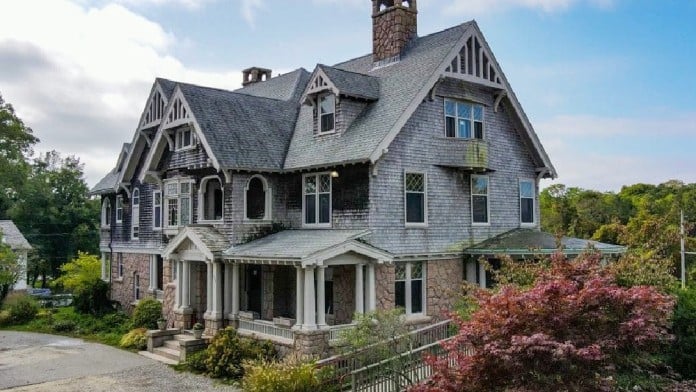
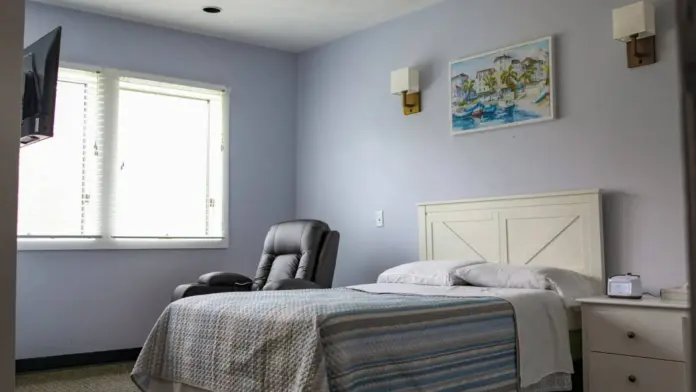
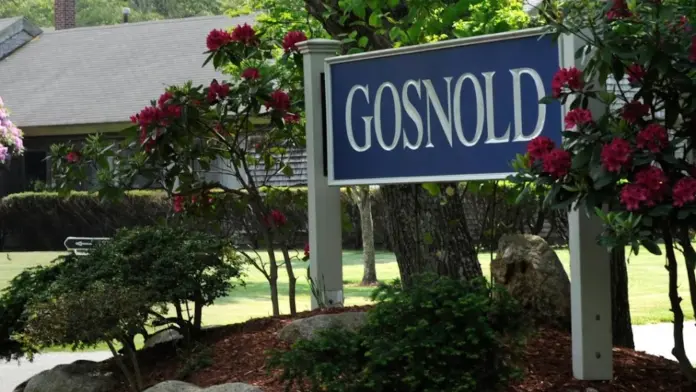

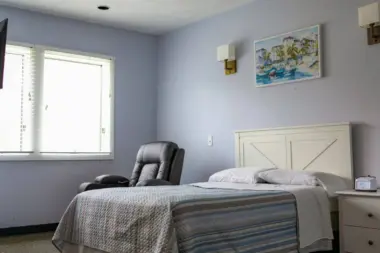
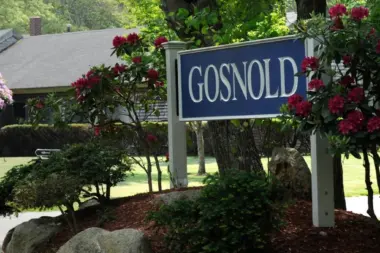
Accepted Insurance
Other Forms of Payment
Private insurance refers to any kind of healthcare coverage that isn't from the state or federal government. This includes individual and family plans offered by an employer or purchased from the Insurance Marketplace. Every plan will have different requirements and out of pocket costs so be sure to get the full details before you start treatment.
Self-pay involves paying for treatment out of your own pocket. You can use savings or credit, get a personal loan, or receive help from family and friends to fund your treatment. If you don't have insurance or your insurance plan doesn't cover a specific program, self-pay can help ensure you still get the care you need.
Financial aid can take many forms. Centers may have grants or scholarships available to clients who meet eligibility requirements. Programs that receive SAMHSA grants may have financial aid available for those who need treatment as well. Grants and scholarships can help you pai for treatment without having to repay.
Medicare is a federal program that provides health insurance for those 65 and older. It also serves people under 65 with chronic and disabling health challenges. To use Medicare for addiction treatment you need to find a program that accepts Medicare and is in network with your plan. Out of pocket costs and preauthorization requirements vary, so always check with your provider.
Military members, veterans, and eligible dependents have access to specific insurance programs that help them get the care they need. TRICARE and VA insurance can help you access low cost or no cost addiction and mental health treatment. Programs that accept military insurance often have targeted treatment focused on the unique challenges military members, veterans, and their families face.
Medicaid is a state based program that helps lower-income individuals and families pay for healthcare. Medicaid covers addiction treatment so those enrolled can use their coverage to pay for rehab. When a program accepts Medicaid the client often pays very little or nothing out of their own pocket.
Addiction Treatments
Levels of Care
Outpatient Programs (OP) are for those seeking mental rehab or drug rehab, but who also stay at home every night. The main difference between outpatient treatment (OP) and intensive outpatient treatment (IOP) lies in the amount of hours the patient spends at the facility. Most of the time an outpatient program is designed for someone who has completed an inpatient stay and is looking to continue their growth in recovery. Outpatient is not meant to be the starting point, it is commonly referred to as aftercare.
Inpatient rehab offers robust, hands-on care in a highly structured and supportive environment. The facility provides housing, meals, and round-the-clock supervision, allowing clients to focus exclusively on their recovery. Inpatient treatment typically involves intensive addiction counseling based on CBT, DBT, RBT, motivational interviewing, or other psychotherapeutic approaches. Many inpatient treatment centers also offer life skills training and/or complementary therapies, including meditation, mindfulness, and nutrition counseling.
The Intensive Outpatient Program (IOP) is recommended for certain patients who do not require a medically managed detoxification or are continuing treatment after discharge from an inpatient treatment program. IOP is an intensive and structured treatment program designed to help patients understand, develop, and enhance critical recovery concepts, such as: recovery management and relapse prevention, post-acute withdrawal syndrome and twelve-step orientation.
12-step programs are addiction recovery models based on Alcoholics Anonymous (AA). A number of substance abuse programs (including some drug and alcohol rehab centers) use the 12 steps as a basis for treatment. Beginning steps involve admitting powerlessness over the addiction and creating a spiritual basis for recovery. Middle steps including making direct amends to those who've been hurt by the addiction, and the final step is to assist others in addiction recovery in the same way. 12-Step offshoots including Narcotics Anonymous (NA), Cocaine Anonymous (CA), Dual Recovery Anonymous (DRA), Sex and Love Addicts Anonymous (SLAA) and Gamblers Anonymous (GA).
Additionally, they offer Partial Hospitalization Program. PHP is an adult (psychiatric day treatment service that runs 5 days a week. Patients receive individualized, focused and goal-oriented treatment to help facilitate stabilization of symptoms in a less restrictive, non-inpatient environment. Services include intensive group therapy including: Cognitive Behavioral Therapy (CBT), Dialectical Behavior Therapy (DBT), psychoeducation and expressive therapy.
Gosnold Treatment Center offers a 50-bed medical stabilization and detoxification unit where individuals receive medically monitored withdrawal treatment. They utilize a variety of medications to treat the withdrawal to minimize discomfort and other complications. During detoxification, patients undergo a psycho-social assessment and receive individual and group counseling.
Treatments
The goal of treatment for alcoholism is abstinence. Those with poor social support, poor motivation, or psychiatric disorders tend to relapse within a few years of treatment. For these people, success is measured by longer periods of abstinence, reduced use of alcohol, better health, and improved social functioning. Recovery and Maintenance are usually based on 12 step programs and AA meetings.
Addiction is a highly complex problem, and drug rehab in Massachusetts is often necessary to address it. These programs treat physical, mental, and relational issues that are involved. Treatment empowers individuals to manage these issues without the use of drugs.
Many of those suffering from addiction also suffer from mental or emotional illnesses like schizophrenia, bipolar disorder, depression, or anxiety disorders. Rehab and other substance abuse facilities treating those with a dual diagnosis or co-occurring disorder administer psychiatric treatment to address the person's mental health issue in addition to drug and alcohol rehabilitation. The dual diagnoses group focus is to develop healthy coping skills to live substance-free and manage emotional symptoms.
A combined mental health and substance abuse rehab has the staff and resources available to handle individuals with both mental health and substance abuse issues. It can be challenging to determine where a specific symptom stems from (a mental health issue or an issue related to substance abuse), so mental health and substance abuse professionals are helpful in detangling symptoms and keeping treatment on track.
Opioid rehabs specialize in supporting those recovering from opioid addiction. They treat those suffering from addiction to illegal opioids like heroin, as well as prescription drugs like oxycodone. These centers typically combine both physical as well as mental and emotional support to help stop addiction. Physical support often includes medical detox and subsequent medical support (including medication), and mental support includes in-depth therapy to address the underlying causes of addiction.
Programs
Adult rehab programs include therapies tailored to each client's specific needs, goals, and recovery progress. They are tailored to the specific challenges adult clients may face, including family and work pressures and commitments. From inpatient and residential treatment to various levels of outpatient services, there are many options available. Some facilities also help adults work through co-occurring conditions, like anxiety, that can accompany addiction.
Young adulthood can be an exciting, yet difficult, time of transition. Individuals in their late teens to mid-20s face unique stressors related to school, jobs, families, and social circles, which can lead to a rise in substance use. Rehab centers with dedicated young adult programs will include activities and amenities that cater to this age group, with an emphasis on specialized counseling, peer socialization, and ongoing aftercare.
Serving in the military is both mentally and physically challenging, and can result in trauma that persists even after combat ends. Military programs are tailored to the specific and often complex needs of active duty personnel, veterans, and military families. Clients often access these programs through the U.S. Department of Veterans Affairs (VA).
Clinical Services
Cognitive Behavioral Therapy (CBT) is a therapy modality that focuses on the relationship between one's thoughts, feelings, and behaviors. It is used to establish and allow for healthy responses to thoughts and feelings (instead of unhealthy responses, like using drugs or alcohol). CBT has been proven effective for recovering addicts of all kinds, and is used to strengthen a patient's own self-awareness and ability to self-regulate. CBT allows individuals to monitor their own emotional state, become more adept at communicating with others, and manage stress without needing to engage in substance abuse.
Group therapy is any therapeutic work that happens in a group (not one-on-one). There are a number of different group therapy modalities, including support groups, experiential therapy, psycho-education, and more. Group therapy involves treatment as well as processing interaction between group members. Each Gosnold outpatient clinic offers a variety of specialized group therapy sessions. Each group is facilitated by a Gosnold clinician who guides the group discussion.
Individual Counseling for a variety of substance use and mental health conditions is conducted by licensed and experienced clinicians and treatment is tailored to the needs of the individual patient. Quality, Affordable Treatment For the Life of clients Recovery.
Four principles are key to motivational interviewing in Massachusetts. First, the therapist offers empathy for the client's feelings and experiences. Second, they encourage the client to believe in themselves and their ability to change. Third, the therapist refrains from imposing their own viewpoints. Lastly, the therapist helps the client identify discrepancies in their circumstances and future goals.
Trauma therapy addresses traumatic incidents from a client's past that are likely affecting their present-day experience. Trauma is often one of the primary triggers and potential causes of addiction, and can stem from child sexual abuse, domestic violence, having a parent with a mental illness, losing one or both parents at a young age, teenage or adult sexual assault, or any number of other factors. The purpose of trauma therapy is to allow a patient to process trauma and move through and past it, with the help of trained and compassionate mental health professionals.
Family Counseling at Gosnold is provided by Licensed Marriage and Family Therapists (LMFT) and Licensed Clinical Social Workers (LCSW). Sessions are supportive and solution-focused to guide families in the development and enhancement of positive relationships and effective communication skills. Gosnold provides weekly family education and support groups for families seeking answers and resources. The family education sessions and support groups are facilitated by Gosnold’s certified clinicians and are no cost to attend.
Amenities
-
Residential Setting
-
Private Rooms
Staff & Accreditations
Staff
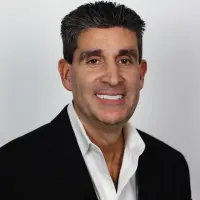
Richard Curcuru
President & CEO
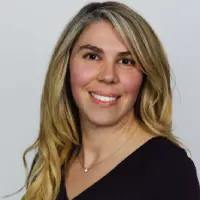
Allie Anderson
Chief Clinical Officer
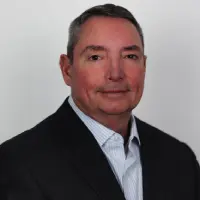
Michael Cawley
Chief Human Resources Officer

Jeff Modestino
CFO
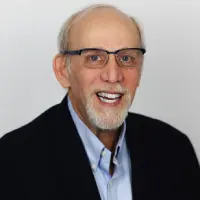
Andrew Mann, Dr.
Chief Medical Officer
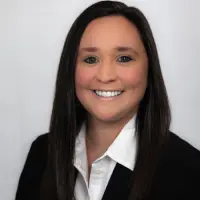
Danae Young
COO
Accreditations

The Substance Abuse and Mental Health Services Administration (SAMHSA) is a branch of the U.S. Department of Health and Human Services. Established in 1992 by congress, SAMHSA's mission is to reduce the impact of substance abuse and mental illness on American's communities.
SAMHSA Listed: Yes

State Licenses are permits issued by government agencies that allow rehab organizations to conduct business legally within a certain geographical area. Typically, the kind of program a rehab facility offers, along with its physical location, determines which licenses are required to operate legally.
State License: Massachusetts

The Joint Commission, formerly known as JCAHO, is a nonprofit organization that accredits rehab organizations and programs. Founded in 1951, the Joint Commision's mission is to improve the quality of patient care and demonstrating the quality of patient care.
Joint Commission Accreditation: Yes
Accreditation Number: 896
Contact Information
200 Ter Heun Drive
Falmouth, MA 02540




